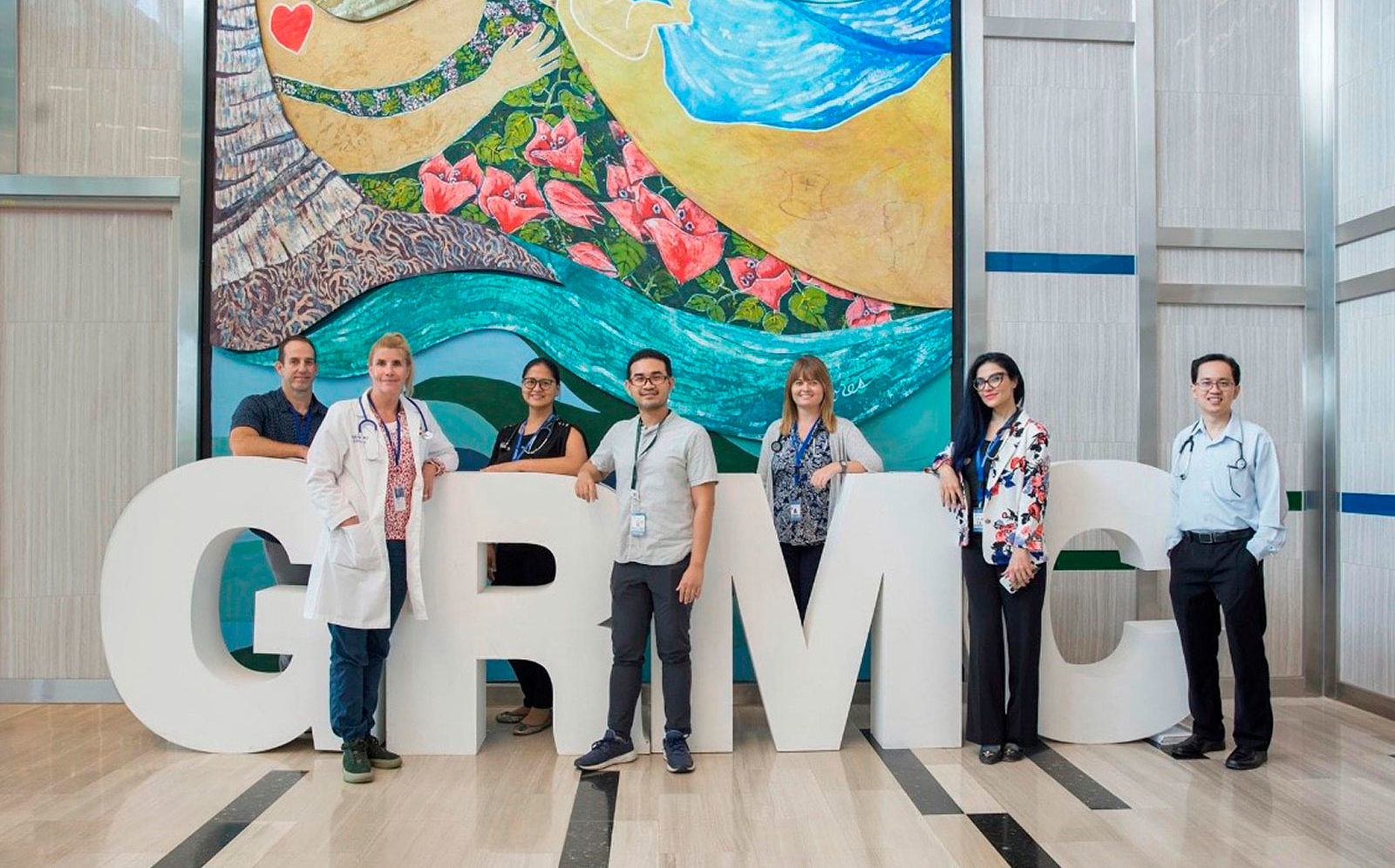
One of the reasons many physicians want to work abroad is to learn new skills and to understand the practice of medicine from a different perspective. “Diving into rich and engaging cultures is one of the most compelling reasons that doctors choose to travel — particularly if they bring their families along,” says Tyler Black, president of Global Medical Staffing.
We spoke to several physicians who worked international locum tenens assignments to hear about their experiences. Although they’re quick to admit there were a few hiccups along the way, all say their international assignments were eye-opening, positive, and rewarding.
A new perspective on life
Before emergency medicine physician Dr. Carly Hagel and her husband traveled to New Zealand for her locums assignment, they felt they had forgotten what work/life balance even was.
“Before leaving we both worked 50-60 hours per week and were so exhausted we barely had time to cook our own meals or enjoy activities together,” Dr. Hagel says. “The culture in New Zealand is one that values spending time with family, and especially values outdoor and active pursuits.”
Dr. Hagel also appreciated that the administrators of the organizations and hospitals where she worked also valued work/life balance.
“This changed our perspective on how we want to spend the rest of our lives,” Dr. Hagel says. “In New Zealand, we work fewer hours and spend more time enjoying the natural beauty of our surrounding environment. It took moving to the other side of the world and immersing ourselves completely in our new community to be able to look back on our previous life and see the changes we wanted to permanently make in our life moving forward.”
Different systems and approaches
The main takeaway Dr. Takla Gardey, family medicine physician, gained from her locums assignment in New Zealand was how healthcare can be effectively delivered in a nationalized healthcare system.
“Working in different clinics teaches you a lot about how different systems, approaches, and cultures affects how healthcare is delivered,” she says, “and on a personal level, it can deepen your patience, tolerance, curiosity, and knowledge.”
Dr. Gardey also notes that living in another country is inherently enhanced when you go there to practice medicine. “It’s been an exponential learning curve for me. Living in another country is a privilege that gives you a different perspective on your life and work in your home country, from the struggles within a system to provide care to its population, to what you can learn from living with chooks, tuis in the forest, and celebrating Christmas in summer!”

Plan for the unexpected
The island of Guam sits in the Pacific Ocean, only 1,600 miles from Japan, but nearly 7,200 miles from the United States. Critical and palliative care physician Dr. Holly Llobet quickly learned to adapt to some of the challenges of living on an island territory, including the scarcity of some things we take for granted in the U.S. She shares this tip on how to prepare for an assignment in Guam.
“Buy an unlocked phone before you leave, and when you get to your destination buy a SIM card or cell plan when you get there,” she says. “And bring two unlocked phones! In Guam, phones are hard to come by unless you want to pay close to $1,000. This is also useful if you plan to travel. I also use WhatsApp, Messenger, or FaceTime to keep in touch with people in the U.S.”
Enriched by a new culture
Most every physician we spoke with touched on the joys of learning about new cultures and meeting new people, but many noted that adapting to a new medical delivery system created a learning curve. “I learned to adapt to a new medical delivery system, one that’s government run. I learned to practice within its limitations,” says family medicine physician Dr. Mauricio Caceres.
During his assignment in New Zealand, Dr. Caceras enjoyed immersing himself in the unique culture.
“I also learned to become familiar with the Maori culture, which was an enriching personal experience. I also enjoyed learning some basic Maori.”
A different style of medicine
“After 20 years of practice in the States I felt like my practice was getting a bit stale,” psychiatrist Dr. John Gallehr says, “and to come to New Zealand where everything was new and fresh was a wonderful way to recharge the batteries, to learn some new techniques, and learn about a different style of medicine and culture that I could then bring back to the States.”
One standout for Dr. Gallehr was making house calls. “This is something I never would do in the States, but seeing someone at the kitchen table is so different than seeing them at the doctor’s office. We accomplished more in an hour in someone’s home than we could with a dozen visits in my office.”
Dr. Gallehr was grateful that his international locums assignment helped him learn new ways to practice psychiatry and medicine in general. And he loved the variety.
“You have a chance to explore other ways of practicing medicine, and even seeing the bigger picture of how medicine and care is delivered to the community can be incredibly different in another country, which is invaluable.”

Different standards of care
Radiologist Dr. Greg Kapala found that radiologists in New Zealand are held to stricter standards than in the United States and are the gatekeepers to what radiological procedures are performed.
“You don’t just automatically get a head CT like you would in the U.S. It has to be vetted by the radiologist and there are very strict criteria as far as what your symptoms have to be before one is ordered,” he says. “It’s the law. They’re just great gatekeepers and I really appreciate that.”
He feels the U.S. could learn a lot from the healthcare system in New Zealand, as he feels it cuts down on healthcare abuse.
“It’s a very limited resource down in New Zealand so they’re very cautious about how they dole out those healthcare dollars,” Dr. Gallehr says, “and I think it’s a very smart way to practice medicine. There are many highly-qualified people there, and I really respect them for that attitude about medicine.”
No matter where you take an international locum tenens assignment, you’re sure to have a new and unique experience that will teach new things about medicine and yourself.
Interested in practicing medicine in another country? Give us a call at 888.292.9878 or view the latest international locum tenens jobs.



 Back
Back